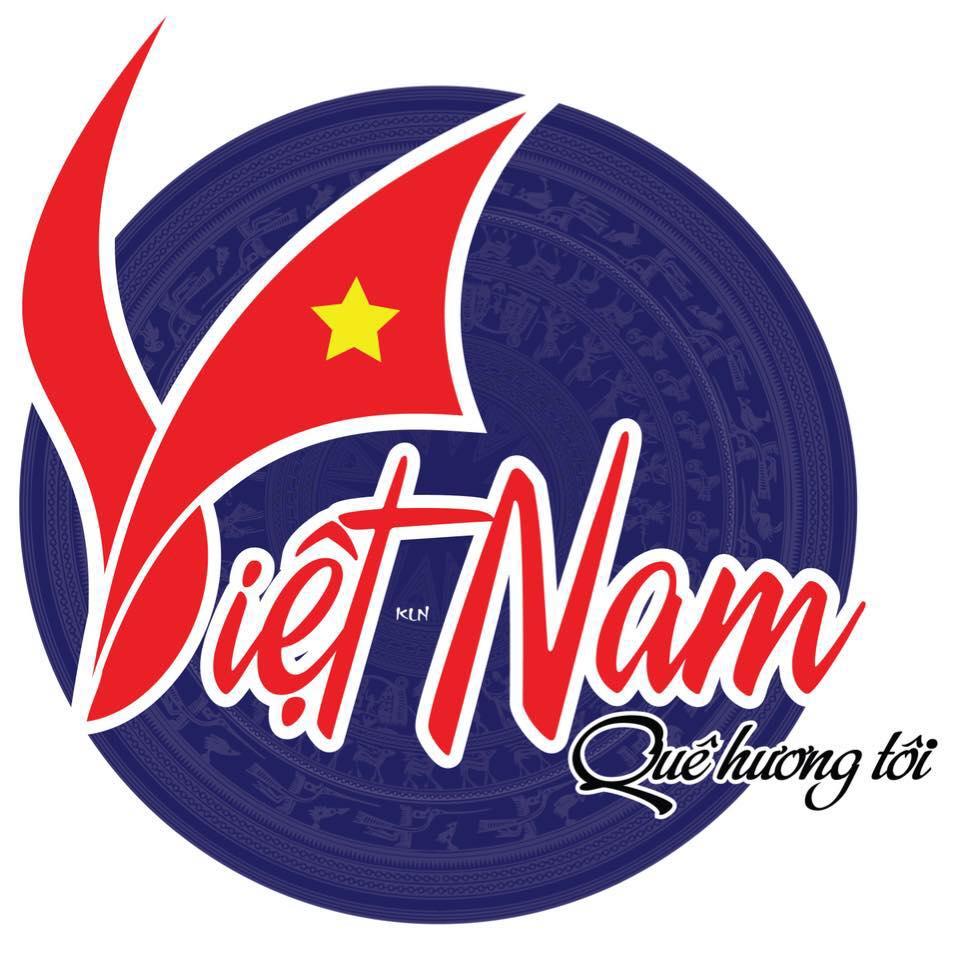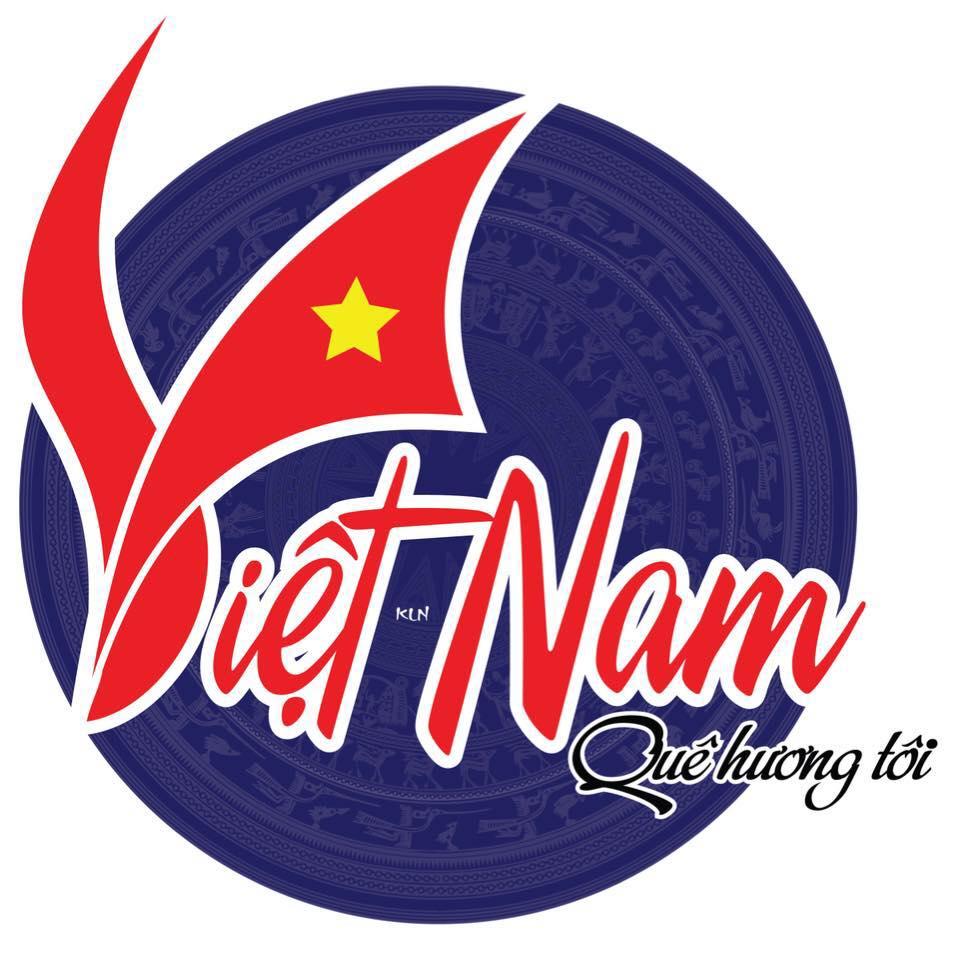Segment-Wise Growth in the Bone Glue Market Segment
The Bone Glue Market can be segmented based on product type, application, and end-user, each segment playing a vital role in overall expansion. On the product side, synthetic adhesives are gaining popularity due to their enhanced strength, durability, and controlled degradation rates, while natural adhesives appeal for their biocompatibility and safety profile. In terms of applications, orthopedic surgeries represent the largest segment, followed by dental and craniofacial procedures. The increasing adoption of bone glue in trauma and spinal surgeries highlights its potential to replace conventional fixation methods. End-user segmentation shows hospitals and specialized clinics leading in adoption, with ambulatory centers also gaining traction due to the rising demand for minimally invasive surgeries.
Get Full Reports :https://www.marketresearchfuture.com/reports/bone-glue-market-36251
Analyzing these segments helps industry stakeholders better understand customer needs and investment opportunities. Technological innovations in biomaterials are pushing product diversification, creating adhesives designed for specific medical challenges. Furthermore, collaborations among hospitals, research institutions, and device manufacturers are shaping tailored solutions for niche applications. As segmentation becomes clearer, companies are better positioned to deliver targeted products that meet both clinical and economic demands. To gain detailed insights into market breakdowns, you can explore the Bone Glue Market segment.
FAQs
Q1. What is the largest segment in the Bone Glue Market?
A1. Orthopedic surgeries represent the largest segment due to high demand for bone adhesives in fracture and trauma repair.
Q2. Why are synthetic adhesives gaining traction?
A2. Synthetic adhesives offer greater strength, durability, and controlled degradation, making them suitable for complex surgeries.
The Bone Glue Market can be segmented based on product type, application, and end-user, each segment playing a vital role in overall expansion. On the product side, synthetic adhesives are gaining popularity due to their enhanced strength, durability, and controlled degradation rates, while natural adhesives appeal for their biocompatibility and safety profile. In terms of applications, orthopedic surgeries represent the largest segment, followed by dental and craniofacial procedures. The increasing adoption of bone glue in trauma and spinal surgeries highlights its potential to replace conventional fixation methods. End-user segmentation shows hospitals and specialized clinics leading in adoption, with ambulatory centers also gaining traction due to the rising demand for minimally invasive surgeries.
Get Full Reports :https://www.marketresearchfuture.com/reports/bone-glue-market-36251
Analyzing these segments helps industry stakeholders better understand customer needs and investment opportunities. Technological innovations in biomaterials are pushing product diversification, creating adhesives designed for specific medical challenges. Furthermore, collaborations among hospitals, research institutions, and device manufacturers are shaping tailored solutions for niche applications. As segmentation becomes clearer, companies are better positioned to deliver targeted products that meet both clinical and economic demands. To gain detailed insights into market breakdowns, you can explore the Bone Glue Market segment.
FAQs
Q1. What is the largest segment in the Bone Glue Market?
A1. Orthopedic surgeries represent the largest segment due to high demand for bone adhesives in fracture and trauma repair.
Q2. Why are synthetic adhesives gaining traction?
A2. Synthetic adhesives offer greater strength, durability, and controlled degradation, making them suitable for complex surgeries.
Segment-Wise Growth in the Bone Glue Market Segment
The Bone Glue Market can be segmented based on product type, application, and end-user, each segment playing a vital role in overall expansion. On the product side, synthetic adhesives are gaining popularity due to their enhanced strength, durability, and controlled degradation rates, while natural adhesives appeal for their biocompatibility and safety profile. In terms of applications, orthopedic surgeries represent the largest segment, followed by dental and craniofacial procedures. The increasing adoption of bone glue in trauma and spinal surgeries highlights its potential to replace conventional fixation methods. End-user segmentation shows hospitals and specialized clinics leading in adoption, with ambulatory centers also gaining traction due to the rising demand for minimally invasive surgeries.
Get Full Reports :https://www.marketresearchfuture.com/reports/bone-glue-market-36251
Analyzing these segments helps industry stakeholders better understand customer needs and investment opportunities. Technological innovations in biomaterials are pushing product diversification, creating adhesives designed for specific medical challenges. Furthermore, collaborations among hospitals, research institutions, and device manufacturers are shaping tailored solutions for niche applications. As segmentation becomes clearer, companies are better positioned to deliver targeted products that meet both clinical and economic demands. To gain detailed insights into market breakdowns, you can explore the Bone Glue Market segment.
FAQs
Q1. What is the largest segment in the Bone Glue Market?
A1. Orthopedic surgeries represent the largest segment due to high demand for bone adhesives in fracture and trauma repair.
Q2. Why are synthetic adhesives gaining traction?
A2. Synthetic adhesives offer greater strength, durability, and controlled degradation, making them suitable for complex surgeries.
0 Commentaires
0 Parts
32 Vue


